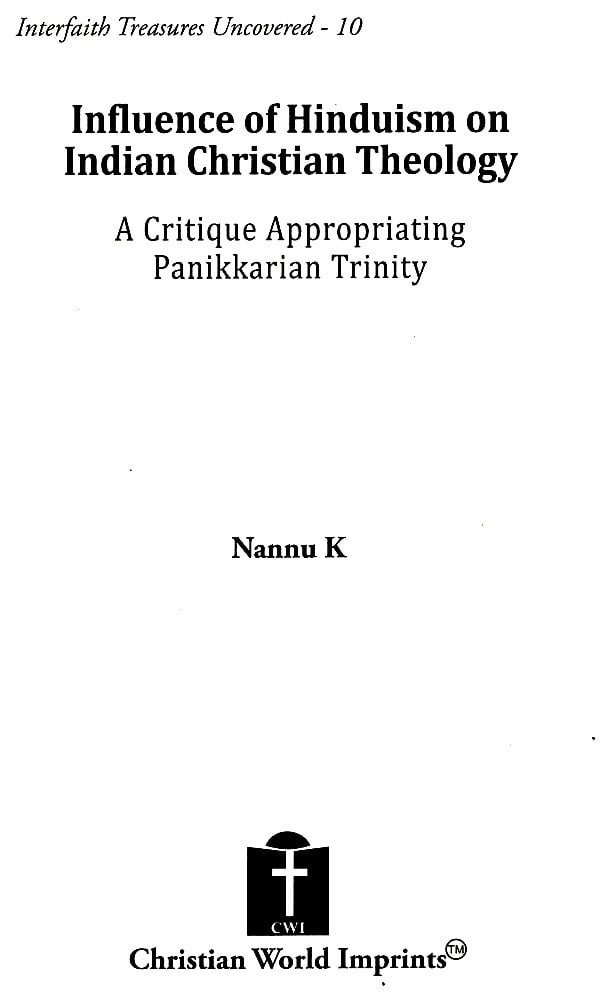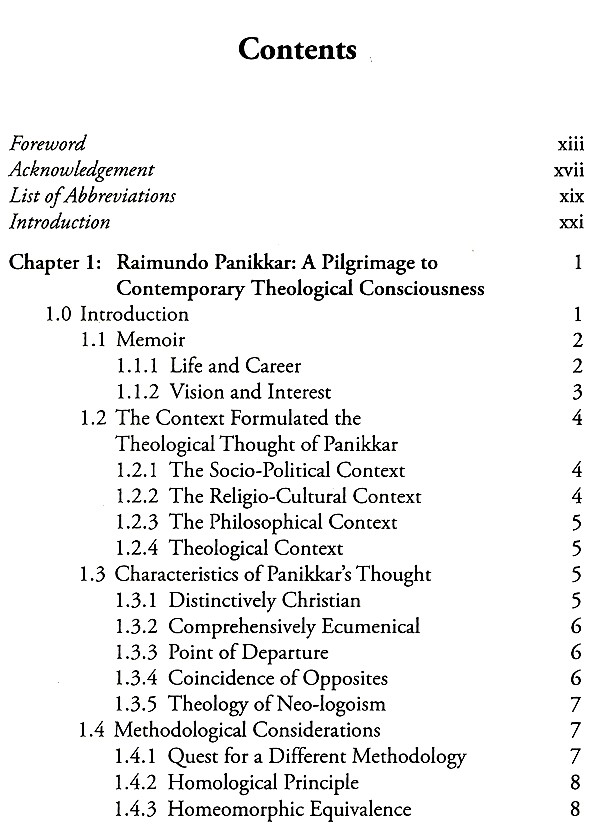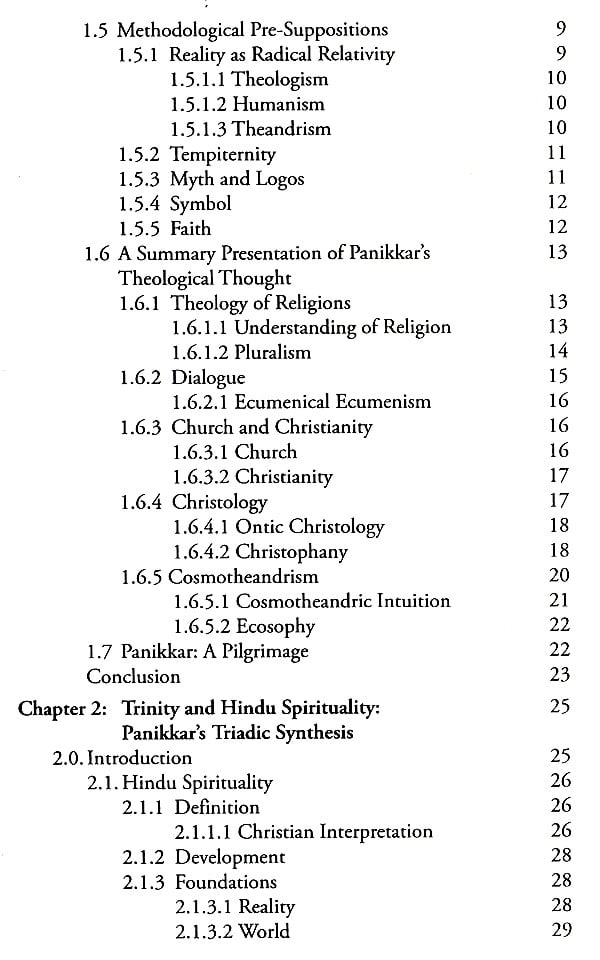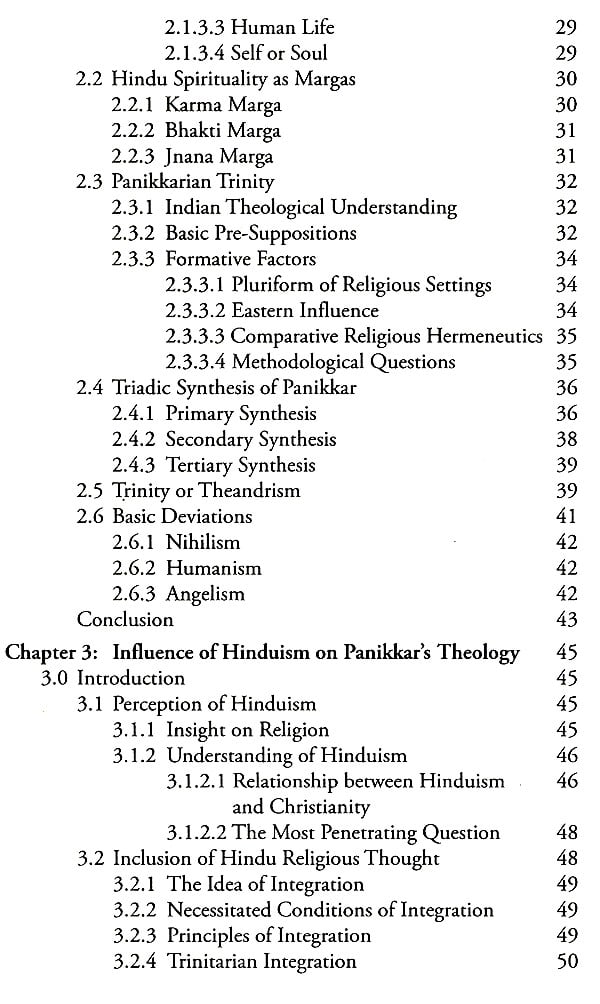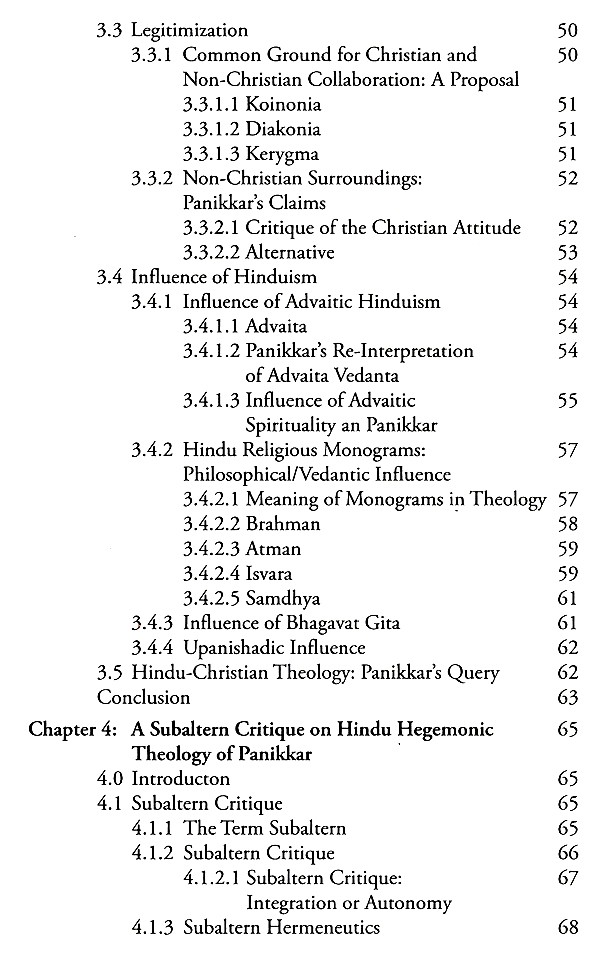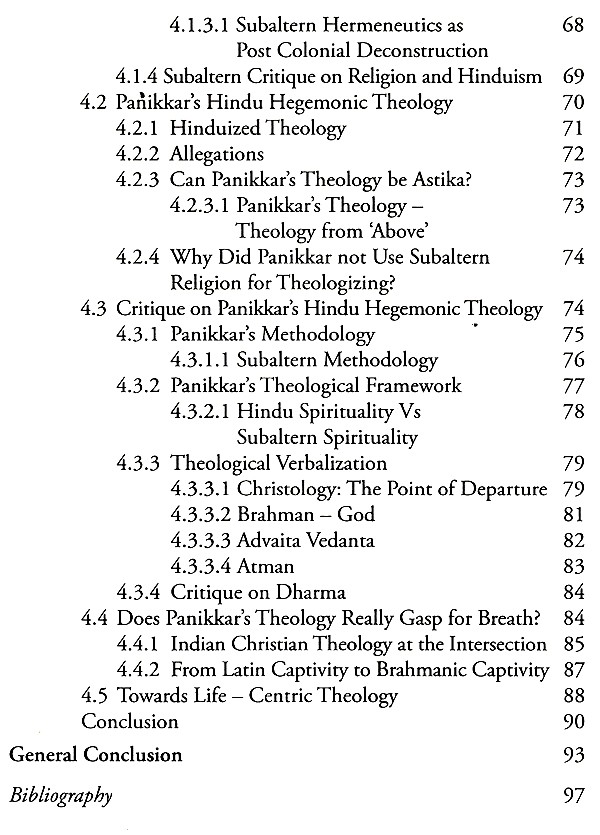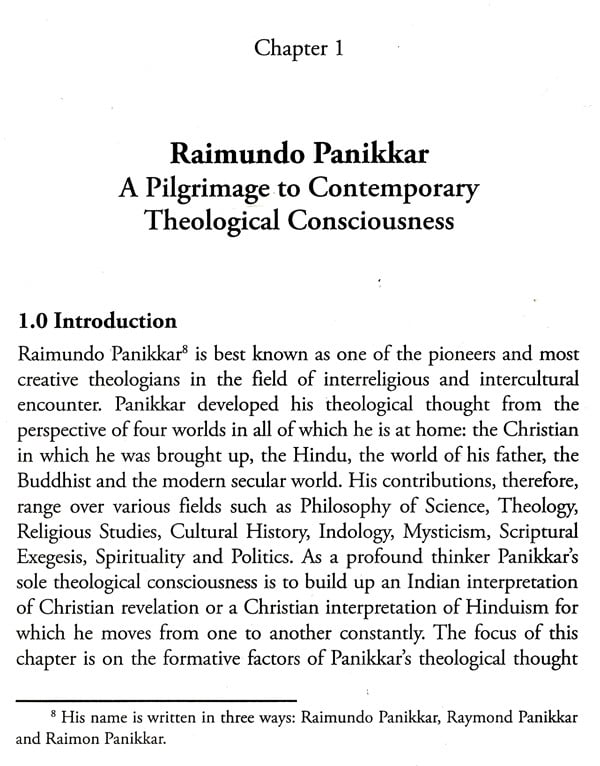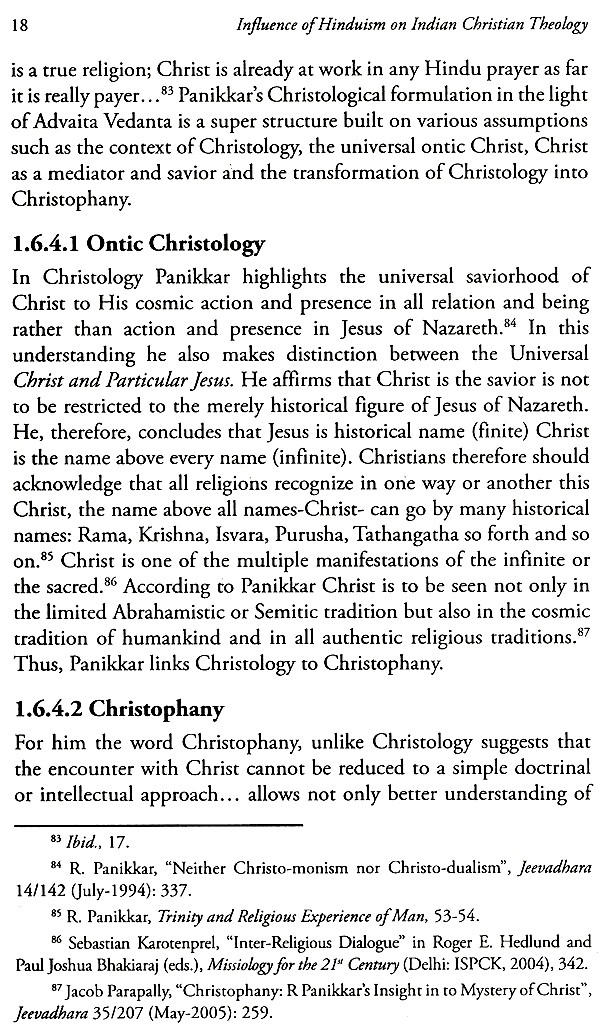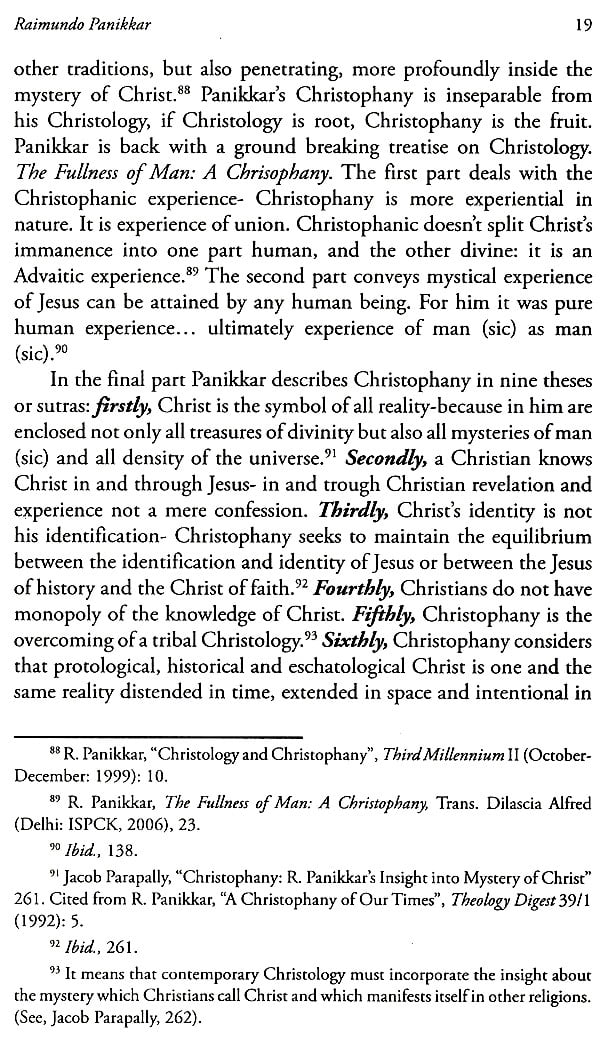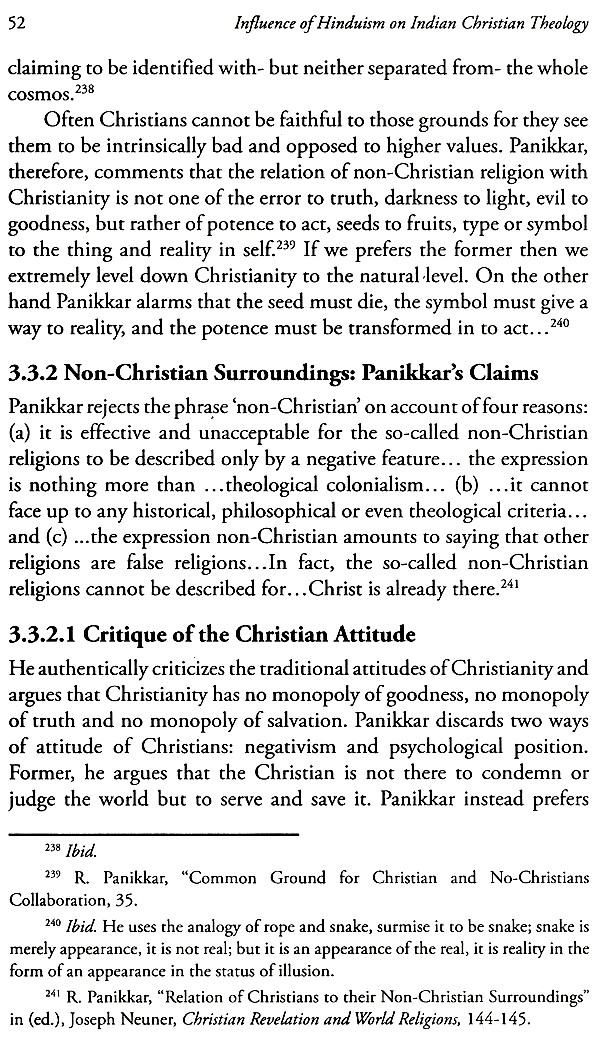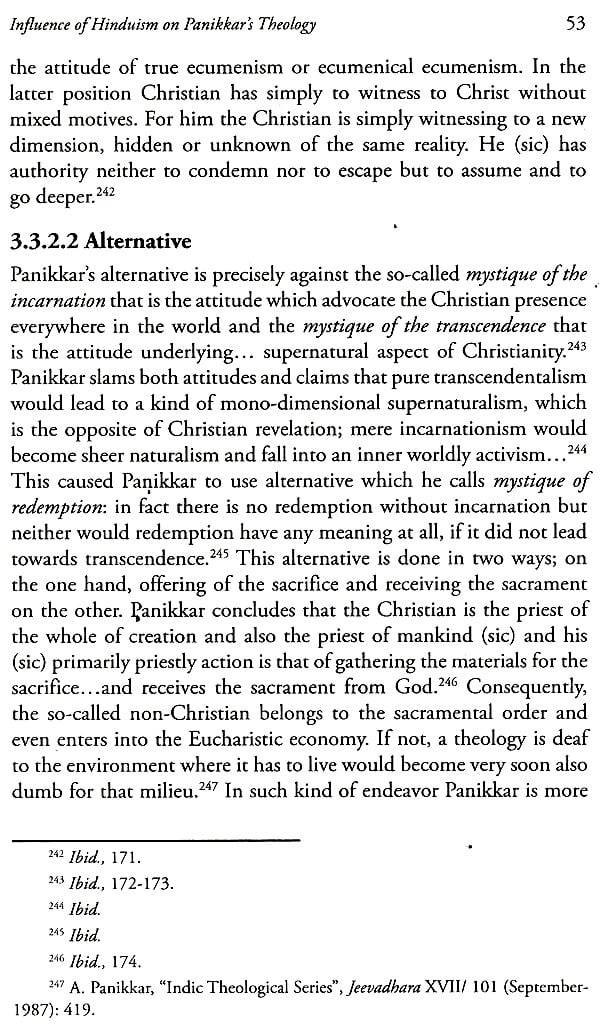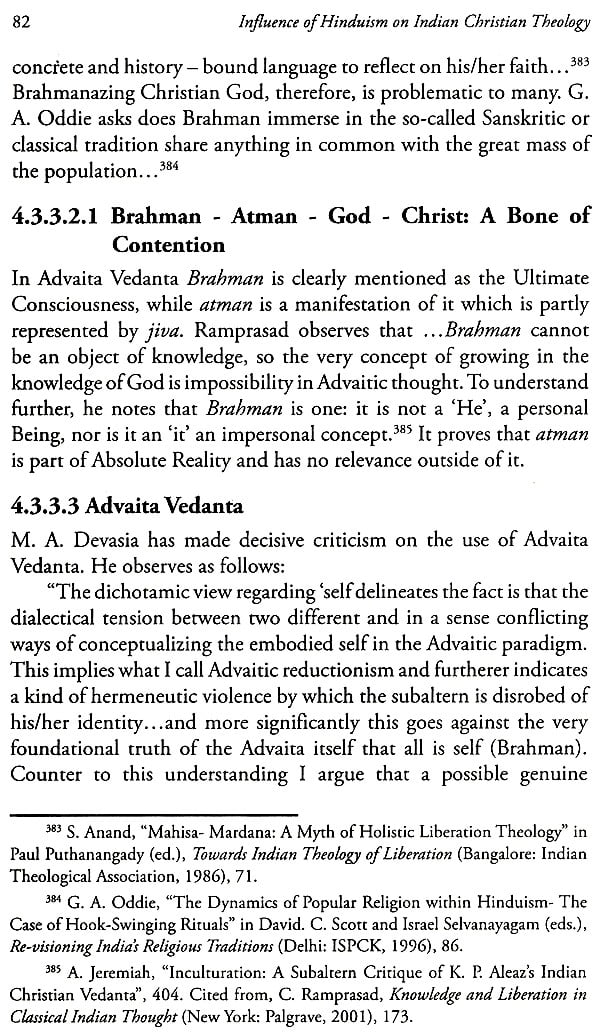About The Book The subaltern methodology has exerted a great impact in the field of current theology and hermeneutics. Its achievements and advantages are so numerous that no one can deny its significance in contemporary theological developments. This book is a critique on Raymond Panikkar's theology of trinity from the subaltern perspective. It analyses to what extent Panikkar is inclined to Brahmanic Hinduism and why he had more propensity towards Hinduism. The work, therefore, characterizes Panikkar's theology as 'Hinduized theology' or to be precise as 'Brahmanic theology', considering the fact that the questions and aspirations of the majority people in India could not be thoroughly addressed by him. It concludes that Indian Christian theology is really gasping for breath as it is under Brahmanic captivity. Indeed, this book will prove to be a major contribution to the current debate on Indian Christian theology.
About The Author Nannu K. hailing from Trivandrum, Kerala, is a licensed minister of the Assemblies of God Malayalam District Council. He did his theological studies (BD) from Faith Theological Seminary, Manakala, Adoor and his post graduate studies (M. Th) from Tamilnadu Theological Seminary, Madurai. At present, he is pursuing PhD studies from SHUATS, Allahabad. He has contributed a few articles in a couple of theological journals. He also teaches theology in various bible colleges in Kerala. He is married to Gifty and they have two children, Jesna and Jeswin.
Foreword Authentic interpretation of Christian faith, which is precisely the task of any theological enterprise, takes place when one reflects on Christian faith in the given context, giving due consideration to all its needs and resources available there. New Testament records few early Christian attempts to articulate Christian faith using the resources available from the context. St. Paul, in his speech at Athens (Acts 17), preferred to use insights from Greek poets and philosophers, rather than from Jewish thinkers or scriptures, to effectively communicate the Gospel to an audience steeped in Greek philosophy. A similar attempt was made by the author of John's Gospel when the concept of logos was creatively used in constructing a relevant Christology by the fusion of Jewish, Greek and Christian ideas regarding the logos. The history of Christian thought bears witness to the fact that Christian theological formulations have always been influenced by the context. Greek philosophical background of Alexandria had a great influence on early Christian thinkers.
**Contents and Sample Pages**
